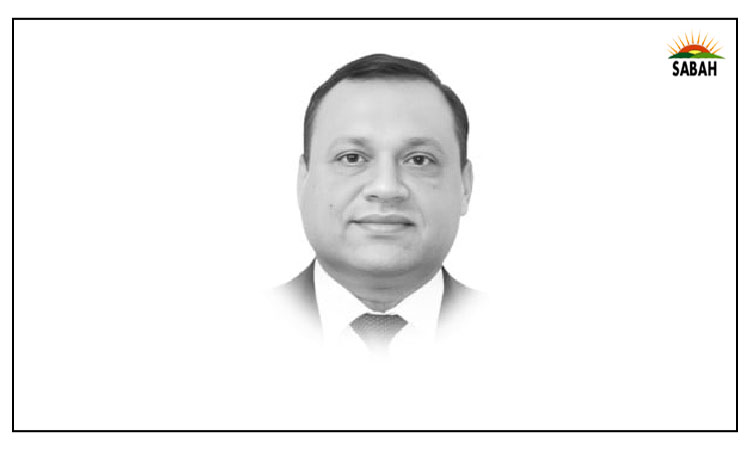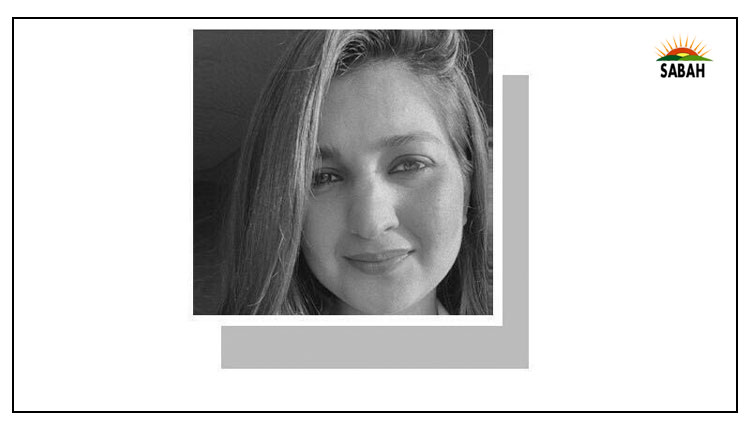Mother’s milk, mother’s choice…Navaira Ali Bangash
LAST month, the Senate approved the Islamabad Capital Territory Protection of Breastfeeding and Child Nutrition Bill, 2023 that aims to discourage the use of breast milk substitutes.
Back in November, there had been heated speeches on the floor of the Upper House regarding the import and sale of breast milk substitutes in the country. A debate that should have stayed on course regarding the quality and standards of formula milk, health concerns and the malnutrition among both mothers and children, quickly veered off in another direction, criticising women for their choices.
The debate and subsequent legislation does not reflect the complexity of these choices or the exercise itself, which is not a surprise considering that the speeches were from lawmakers who may not have had a deep understanding of the subject they were discussing.
There is absolutely no doubt about the health and nutritional benefits of breast milk. Formula milk is always considered secondary to mothers milk, and it is stressed by all from the World Health Organisation to healthcare practitioners that mothers milk is the best source of nutrition for infants.
But with weak governance and external influences, lately a pattern of hyper-regulation and policymaking seems to be emerging in Pakistan that is mostly theoretical and does not factor in the ground realities of rural and urban women of child-bearing age. Legislation, such as the recent bill approved by the Senate, are often titled to reflect a specific cause, but the fine print lacks a holistic coherence. This law is similar to the one that was passed in Sindh last year.
It is ironic that the healthcare sector itself does not provide a conducive environment for working mothers to breastfeed their child.
More often than not, effective policymaking requires a balanced approach that combines theoretical foundations with practical considerations, and as lawmakers in Pakistan initiate the discussion on regulating breast milk substitutes, they need to have a sound understanding of the health perspective as well as the countrys sociocultural and socioeconomic fabric.
My mother, who is in her late 70s, and hails from Khyber Pakhtunkhwa, once told me that back in her village, women worked in the fields and orchards from dawn till dusk. It was very difficult for new mothers to tend to their infants. Seven to eight decades ago, when medical science wasnt as advanced as it is today, rural women in those regions out of sheer ignorance and lack of knowledge would sometimes resort to giving a mild dose of an opium extract, which was commonly available, to their crying babies so that they themselves could work in the farms without interruption.
In some cases, this would result in the infants death. While there is no way of confirming how widespread this practice was, it clearly shows that it wasnt easy for even rural women to feed their children, as they were active members of the workforce. The current times are not very different.
Coming to urban settings, it is ironic that the modern healthcare sector itself does not provide a conducive environment for new mothers working in this area to be able to easily breastfeed their infants. These mothers have long working hours that can extend to up to 18 hours.
Moreover, in other professions, especially those in the private sector, only large-scale organisations are able to provide a relaxed environment for nursing mothers, while women working in factories, are rarely provided a setting where they can easily breastfeed their infants. There is a lot that needs to be done to promote the practice, and countries such as the US and Canada are still evaluating how to effectively encourage it.
Research published in the International Journal for Equity in Health in 2021 Breastfeeding at the Workplace by Mireya Vilar-Compte cites the link between maternal employment and breastfeeding rates and how workplace interventions are needed to promote, protect and support breastfeeding practices.
In developed countries, which are much ahead of Pakistan in terms of implementing such practices, researchers define breastfeeding intent, initiation, exclusivity and duration and perceived support at workplaces as factors crucial to promoting the practice. However, legislation in our part of the world is completely bereft of ideas that present a wider context. Instead, it resorts to short-term measures that bar the availability of alternatives and prevent women from making a choice.
This eventually makes it a pro-choice matter as well as an issue of health. In addition to facing postpartum depression and various other post-childbirth difficulties, new mothers confront misunderstanding and pressure from family members. Meanwhile, they are not always able to produce breastmilk, apart from the fact that a considerable number of them are undernourished and do not have an adequate diet.
Pakistans National Nutrition Survey, 2018 says that macro and micronutrient deficiencies are alarming in women of reproductive age. The survey found that 14.4 per cent of this demographic were underweight, with a high prevalence of anaemia (41.7pc) and vitamin A deficiency.
These numbers point towards high micronutrient deficiency among women in the reproductive age bracket, and highlight the overall issue of malnutrition among mothers and children. These statistics have also culminated in Unicefs Pakistan Maternal Nutrition Strategy, 2022-27, that devises a complete framework for tackling this issue. Progress, though, has yet to be seen.
In view of these realities, it appears contradictory that lawmakers, while being aware of breastfeeding constraints, are approving legislation that bars women from opting for universally accepted healthy substitutes that suit their personal, professional and physical needs when access to nursing their child is restrained.
One could argue that the overall state of malnutrition in the country is a result of poor nutritional practices in the early stages of life and hence counselling is needed in this domain for young mothers to promote breastfeeding. But it is also important to factor in a womans choice and ensure that laws do not hinder her from exercising her right.
Courtesy Dawn












